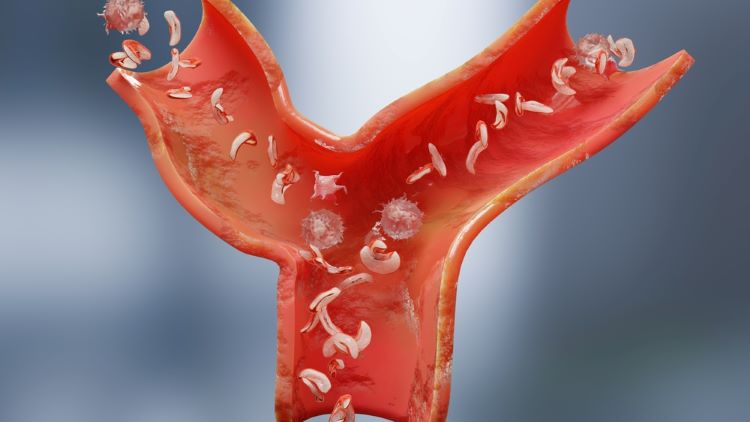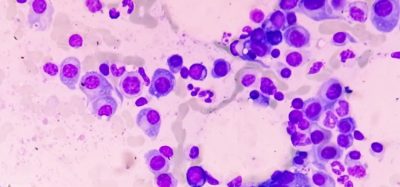Stem cell therapy delivers potential for sickle cell disease
Posted: 31 August 2023 | Catherine Eckford (European Pharmaceutical Review) | No comments yet
A Novartis’ Phase I/II study for sickle cell disease trialling the gene therapy OTQ92 is the first treatment to target a new genetic area and use cryopreserved stem cells, according to new paper published in NEMJ.


New research published in the New England Journal of Medicine has indicated that stem cell gene therapy could provide a curative treatment for sickle cell disease (SCD).
Based on new data from the Novartis Phase I/II clinical trial, which used the first therapy to target a new genetic area and use cryopreserved stem cells, trial participants reported a decrease in vaso-occlusive events. This is where sickled red blood cells accumulate and cause a blockage.
It is the second therapy to use CRISPR-Cas9 technology for sickle cell disease. In comparison, other gene therapy studies have used lentiviruses as a treatment.
Autologous stem cell therapy
The autologous, hematopoietic stem and progenitor cell (HSPC) product OTQ92 incorporated gene-editing using CRISPR-Cas9 technology. The edits increased the cells’ production of foetal haemoglobin (HbF). Patients were then infused with their own edited cells.
According to paper, infusion of autologous OTQ923 into three participants with severe sickle cell disease provided sustained induction of red-cell foetal haemoglobin and clinical improvement in disease severity.
For the scientific community, there has been a greater understanding of treating the genetic disorder over the past ten years. Using this knowledge, now these patients can get some sort of curative therapy if needed, explained Dr James LaBelle, PhD, Director of the Pediatric Stem Cell and Cellular Therapy Program at UChicago Medicine and Comer Children’s Hospital and senior author of the study.
Advancing gene therapy for sickle cell disease
Dr LaBelle added that data from this trial “supports bringing on similar gene therapies for sickle cell disease and for other bone marrow-derived diseases.”
At present, two other gene therapies for sickle cell disease are awaiting approval from the US Food and Drug Administration (FDA) in 2023.
Preliminary results from another stem cell gene therapy using CRISPR gene-editing was announced in June 2023. It was the first time the technology demonstrated capability in altering a defective gene in a human study.
Related topics
Biopharmaceuticals, Clinical Development, Clinical Trials, Data Analysis, Drug Development, Drug Safety, Gene therapy, Research & Development (R&D), Stem Cells, Technology, Therapeutics









